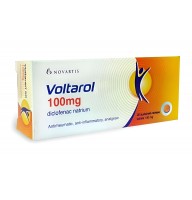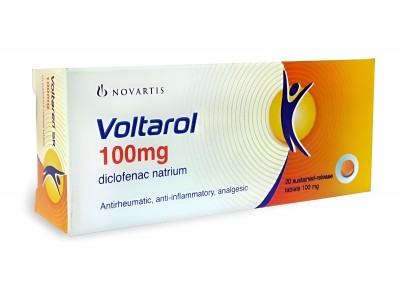Voltarol (Diclofenac), like many medications, can potentially cause side effects. It’s essential to be aware of these side effects and understand that not everyone will experience them. If you notice any side effects, it’s crucial to communicate with your healthcare provider, as they can help you manage them or adjust your treatment plan if necessary.
Common side effects of Voltarol may include gastrointestinal issues such as stomach pain, indigestion, and nausea. These symptoms can often be minimized by taking the medication with food or milk. In some cases, the use of antacids may help alleviate stomach discomfort. Also you can buy dexone tablets.
Another common side effect is mild headache. While this is generally not a cause for concern, if the headache becomes severe or persistent, it should be reported to your healthcare provider.
Less frequently, Voltarol can cause more serious gastrointestinal problems, including stomach ulcers or bleeding. It’s essential to be vigilant for signs such as black or tarry stools, persistent abdominal pain, or vomiting material that looks like coffee grounds. If you notice these symptoms, contact your healthcare provider immediately.
Voltarol can also affect the cardiovascular system, potentially leading to an increased risk of heart attacks or strokes. While this risk is relatively low, it’s essential to be attentive to symptoms such as chest pain, shortness of breath, sudden changes in vision, or weakness.
Less common side effects can include liver or kidney issues, and changes in blood pressure. Your healthcare provider will monitor these factors through regular check-ups and, if necessary, blood tests.
Skin reactions, like rash or itching, are also possible side effects of Voltarol. If you experience severe skin reactions, seek medical attention.
In summary, while Voltarol (Diclofenac) can be effective in managing pain and inflammation, they can potentially cause side effects. Common side effects include gastrointestinal discomfort and mild headache, but more serious issues like stomach ulcers, cardiovascular problems, and skin reactions can occur, though they are less common. It’s crucial to be vigilant for any unusual symptoms and promptly report them to your healthcare provider for guidance and potential adjustments to your treatment plan.

